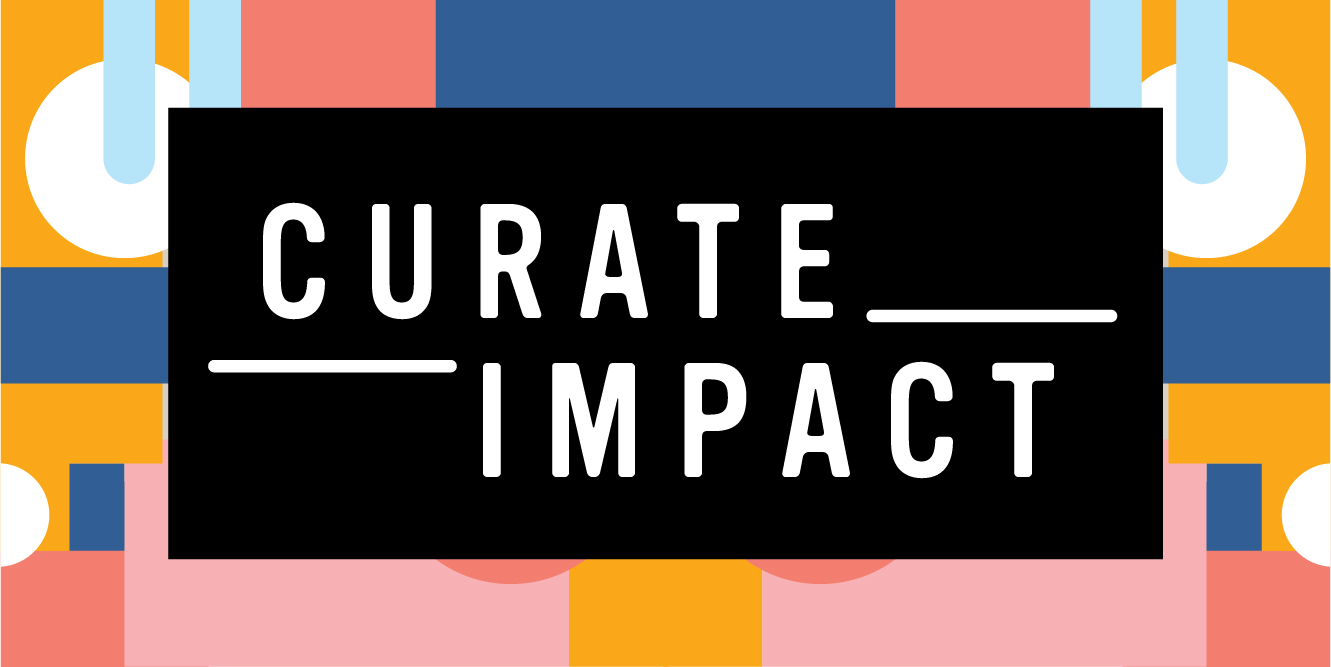This blog was originally shared on May 20, 2024. With the relaunch of our website (www.curateimpact.co), we are reposting our blogs on the new website and on LinkedIn.
Setting a strong, informed rate is foundational to the success of your business. As a freelancer, the goal is to charge a rate that you are content with and develop a sustainable income while also enabling you to work within your capacity and meet your financial goals (i.e. work-life balance, debt payoff, etc.).
Whether you are still in the planning and scheming stages of your future self-employment or many years in, evaluating and refining your rate is a critical step to take to achieve success. When setting your rate as a freelancer, solopreneur, or small business owner, here are the things we recommend you consider:
Know Your Worth (Then Add Tax)
First things first, let's talk about self-worth. If you've ever looked at a project and thought, "I'll do it for a smile and a high-five," it's time for an intervention. Your skills are worth more than a pat on the back. Start by calculating your expenses – rent, food (beyond instant noodles), utilities, insurance, and all of your business expenses. Add all that up, and you've got your baseline. Remember, this is just the minimum you need to survive. We're not even talking about thriving yet!
The Market Is Your Friend (Sometimes)
Now, let's peek at the market. And no, I don't mean your local farmer's market (though I do love a good organic carrot). Research what others in your field are charging. Websites like Glassdoor, PayScale, and even some good ol' fashioned networking can give you an idea of the going rates. But remember, just because Joe Schmo charges peanuts doesn't mean you should. You're not Joe Schmo; you're the superhero version of Joe Schmo with better hair and superior keyboard skills.
Experience Is Gold (Literally)
How long have you been in the game? If you've been around the block longer than the ice cream truck, you should charge more. Years of experience often leads to efficiency in your work, which adds value to your work, and clients will pay for that seasoned expertise. If you don’t have years of experience under your belt, share alternative skills and traits that will make you an advantageous partner, such as malleability, etc.
Special Skills Deserve Special Rates
Do you have a particular set of skills that would make Liam Neeson proud? Maybe you're a wizard at web design or a connoisseur of content creation. If you've got a skill that's in high demand and low supply, you can charge a premium. It's like having a golden goose, except it doesn't lay eggs; it lays cold, hard cash.
The Proposal Dance
When proposing your rate, don't just throw out a number and hope it sticks. Explain the value you bring (and if you need help in this area, we recommend checking out our blog on “The Lazy Freelancer’s Elevator Pitch”). Break down the costs if you have to. Show them you're not just pulling figures out of a hat – unless you're a magician, in which case, that's pretty on-brand.
Flexibility Is Key
Be flexible with your rates, but don't bend so far backward you can see your own wallet crying. It's okay to adjust your rates for a long-term gig or a project you're super excited about, but don't undersell yourself. Remember, every time you say “yes” to one client, you are saying “no” to other opportunities which may be higher paying and/or a better fit. You're a hot commodity, not a clearance item.
Revisit and Revise (Like Your High School English Essay)
Every so often, take a look at your rates and give them a little tune-up. As you grow, your rates should too. Think of it as giving yourself a promotion. Who doesn't love a promotion?
The Art of Saying No (Politely)
Sometimes, a client just won't meet your rate. It's okay to walk away. There are plenty of fish in the sea, and some of them have deeper pockets. Saying no is an essential part of maintaining your value. We always recommend trying to connect the prospective client with other contractors who may be a better fit. It offers a win-win for the prospective client and the contractor they move forward with - and the client will likely remember you for future opportunities.
Cliff Notes: Actionable Steps (Because We Love Those)
- Calculate your baseline expenses.
- Research market rates.
- Assess your experience and special skills.
- Craft a value-driven proposal.
- Be flexible, but not a pushover.
- Regularly review and adjust your rates.
- Learn to say no and mean it.
And there you have it, folks – the art of setting your rate, with a side of humor and a dash of reality. Remember, you're in the driver's seat of your freelance career. Set your rates with confidence, and soon you'll be dining on more than just instant noodles – unless that's your thing, in which case, you do you. Keep hustling, keep laughing, and keep those rates where they deserve to be – somewhere between "I can finally afford avocado toast" and "I'm basically Scrooge McDuck."
Meet the Author: Heather Owens is the Founder of Curate Impact. In addition to aspiring to connect people with one another, with resources, and with opportunities, she provides direct operational support to social and environmental impact executives and companies. In her free time, she helps Baltimoreans organize their homes.
Connect with Heather: Reach out via email for inquiries related to direct operational support or organizing support. Follow Curate Impact on Instagram and reach out via email with any questions you may have.
A community of freelancers and small business owners built for impact.Curate Impact
Join the Slack Community!


